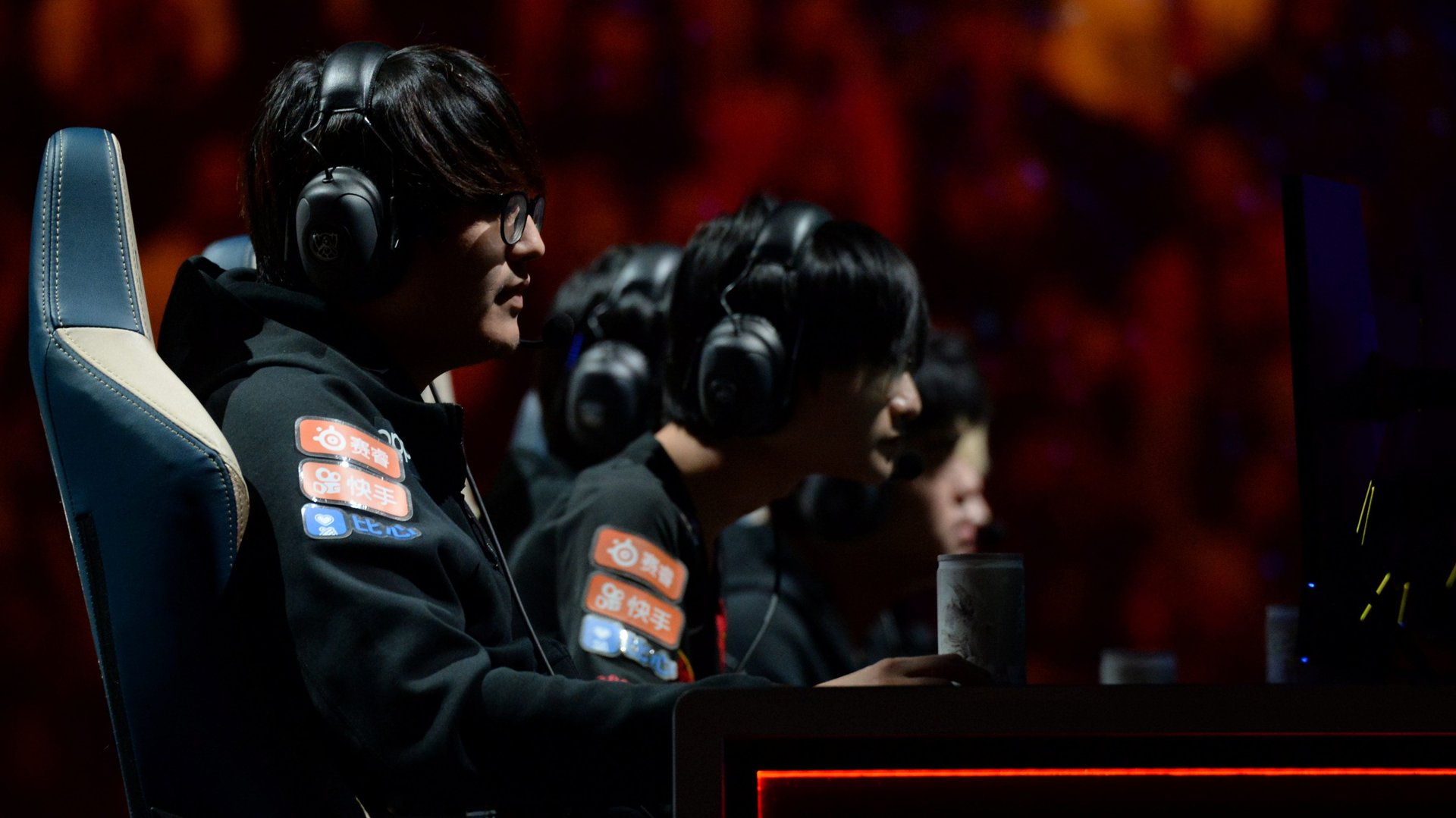When will esports join the Olympics?
In what could be the next big Olympic sport, participants often don’t break a sweat. They don’t even get up from their chairs.


In what could be the next big Olympic sport, participants often don’t break a sweat. They don’t even get up from their chairs.
Organized competitive video-gaming, also known as esports, wasn’t a blip on the radar until the 2010s. This year, the industry will attract nearly 500 million viewers and generate more than $1 billion in revenue. Naturally, the International Olympic Committe (IOC) has its eyes on it.
Several hurdles prevent the IOC from officially sanctioning esports as an event. They have no global governing body, which the IOC requires for approval. And many of the world’s most popular esports games, like League of Legends and Counterstrike, are violent, and thus infringe upon the purported Olympic values of friendship and respect. Other sports-adjacent games like chess—which has far fewer obstacles than esports—have struggled to gain acceptance among the Olympic gatekeepers as well.
The other roadblock? Esports don’t need the Olympics for legitimacy. They’re already huge (and getting huger) without it.
Look to 2028, and beyond
Still, it could happen. Esports players may not be athletes in the traditional sense, but many do train like they are. And their craft undoubtedly involves hand-eye coordination, dexterity, teamwork, and mental endurance.
The IOC lended its support this year to the first-ever “Olympic Virtual Series,” a group of esports events in the run-up to the Tokyo games. The IOC said 2024 is “premature” to include esports, but the door is open for 2028, when the games will be hosted in Los Angeles. Casey Wasserman, the head of LA’s Olympic committee, is an esports supporter.
The truth is that neither side needs the other—yet. If esports do join the Olympics in our lifetimes, it will be because of money. The IOC makes a lot of it, but should that ever run dry, it knows where to go to get an influx of cash.